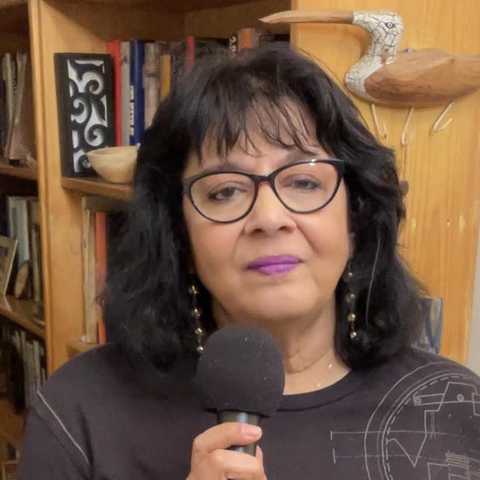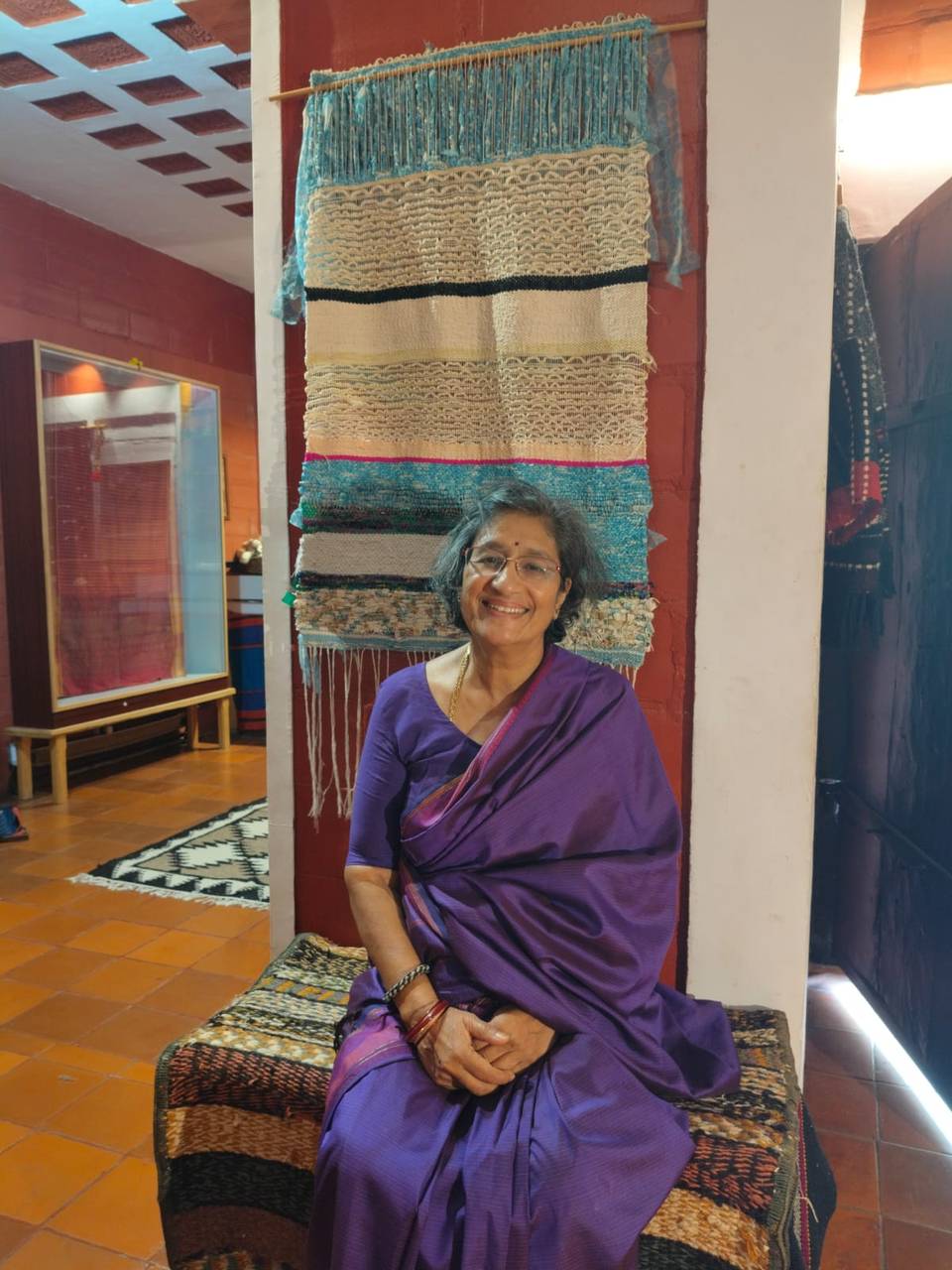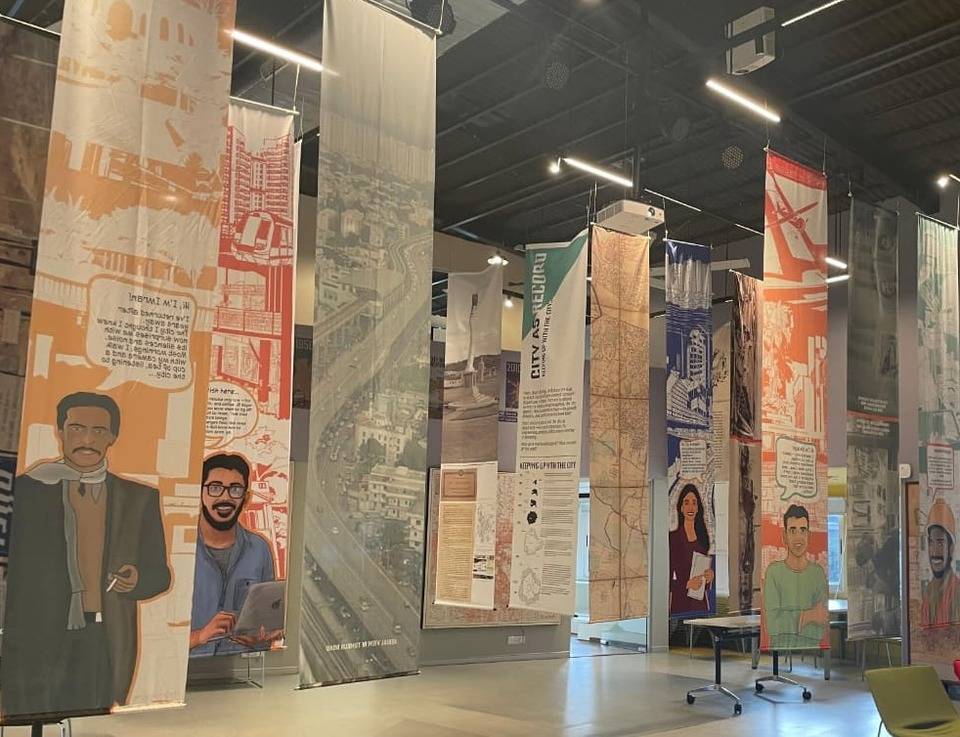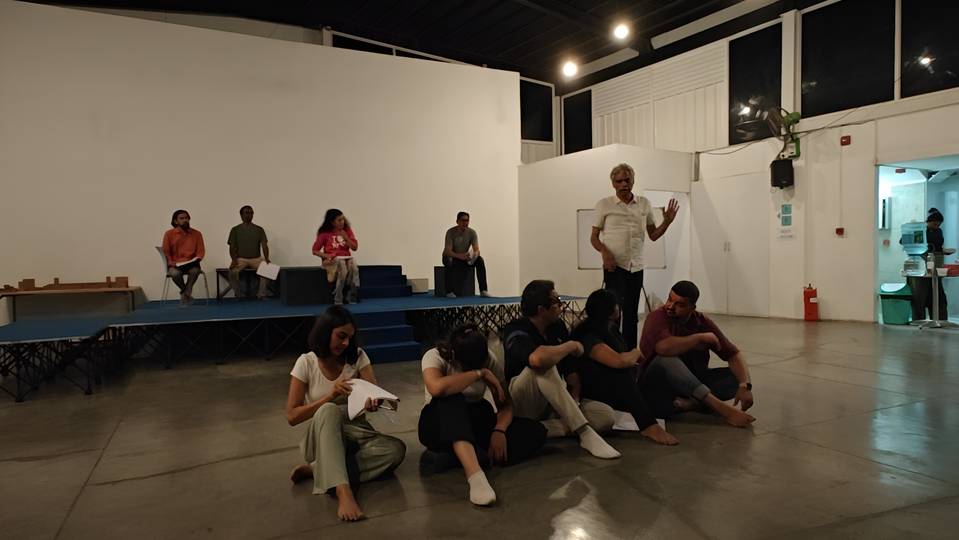Why Learning Indian Music Can Be Ruinous To The Health Of Your Jazz
There is no shortcut to the learning of jazz, just like there isn’t one to Indian music
Feb 27, 2022, 17 02 | Updated: Feb 27, 2022, 17 39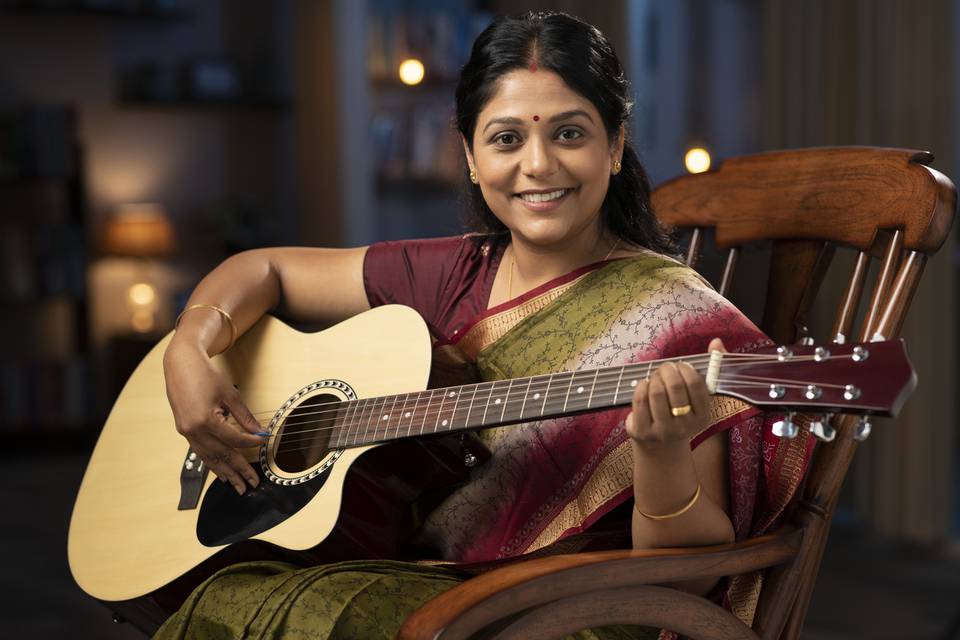
As someone who first learned Hindustani music formally, before switching to rock and roll and then jazz, I found that the rules and rigours of Indian music actually hamper the understanding and execution of jazz.
By ‘jazz’ I mean the music that came from bebop. And moved in different directions but always and forever, has been based on changes, complex harmonies and the ability to float over those changes in exciting and new ways.
By Indian music I mean the raagas that each has their own rules and rhythms, that each has its own rigours.
Trying to figure out which raaga can match the chords of Stardust is futile. Because the concept of jazz goes across a guitar fretboard and not up and down a string.
Some Indian musicians feel that if they can find a raaga that goes over a part of the changes, and another raga that goes across another part of the changes… then they’ve cracked jazz. But that’s not it at all.
Just like you have the specific treatment of the notes in a scale creating the raaga’s unique mood (aarog and avarog and ras bhav), so too in bebop-oriented jazz, there are catch phrases that immediately inform the listener that what they are listening to is actually jazz, and not some free-for-all music that by it’s wild nature must be jazz.
In terms of rhythm, yes Indian drummers have to pay attention to mathematics more than jazz drummers do. This is amazing and can drop the jaws of people repeatedly. But it’s of no use when it comes to feeling the swing. And it takes many years to undo the training.
Unfortunately for jazz, masters of the genre like Miles Davis and Herbie Hancock and Wayne Shorter (not Chick Corea though) simplified it a lot to include lovers of rock-and-roll and widen their record-buying base.
So yes, you can play some Indian raagas over Watermelon Man and So What and tunes like that. But that doesn’t make it jazz.
